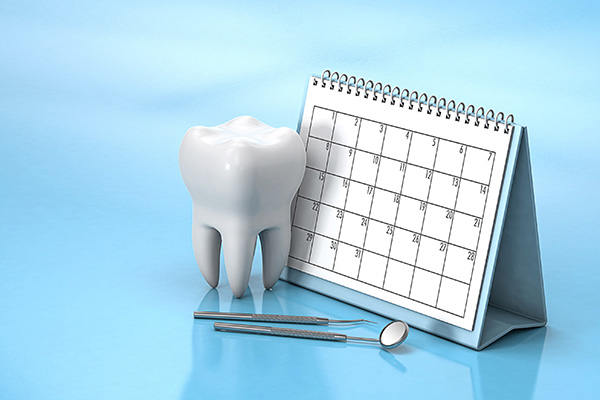 General dentistry helps address issues like a tooth infection. A teeth infection typically occurs when a tooth’s pulp chamber has been opened up by decay or infection. This enables bacteria and the acids that they make to reach these soft tissues, leading to excruciating toothaches and significantly increasing the risk of infection.
General dentistry helps address issues like a tooth infection. A teeth infection typically occurs when a tooth’s pulp chamber has been opened up by decay or infection. This enables bacteria and the acids that they make to reach these soft tissues, leading to excruciating toothaches and significantly increasing the risk of infection.
General dentistry classifies teeth infections as dental emergencies that require immediate care. An infected tooth can be easily treated with a root canal, but it can be life-threatening if the infection is allowed to spread to other parts of the body, like the brain.
How general dentistry deals with infected teeth
An infected tooth often causes enough pain to force even people with dental anxiety to seek dental care. Treatment starts with the general dentist evaluating the patient to determine the cause of their condition. A visual examination and probing of the patient’s teeth can help determine the extent of the damage. Diagnostics like X-rays can also be used to evaluate the affected tooth. Common ways to deal with a tooth infection include the following:
1. Root canal
Root canal treatment is the standard when it comes to treating infected teeth. The procedure has a horrible reputation as a painful treatment that patients should be scared of, but it is actually pain-free for the most part. Root canal therapy brings an end to pain, it does not cause it.
The treatment involves injecting the patient with a local anesthetic to numb the area being worked on. The general dentist uses a drill to make a hole that reaches the pulp chamber and dental files to remove the tissues in the pulp chamber.
Medication might be pushed into the tooth before sealing it back up with gutta-percha. Teeth restored with root canal therapy are often covered with crowns to protect them from acids in the mouth and bite forces. In some cases, the dentist might use composite bonding to rebuild the tooth instead.
2. Extraction
This is often recommended as a last resort when an infection is too far gone to be treated with a root canal due to the high risk of spreading to other parts of the tooth. Local anesthetics are typically administered before extracting teeth with dental tools.
Extractions typically come with a moderate recovery period that can last up to two weeks. Patients are advised to stick to liquid and soft foods during this period to avoid irritating the surgical site. Extracted teeth can be replaced with oral restorations like implants, dentures, or bridges.
3. Medication
In some cases, a dentist might prescribe antibiotics to help fight off a tooth infection. These antibiotics should be taken as directed to be effective. Antibiotics can be combined with other treatments, like root canal therapy.
Put your tooth infection behind you
Are dealing with an infected tooth? Call or visit our Dallas clinic to explore treatment options with our dentist and to set up an appointment.
Request an appointment or call Lalangas Family Dentistry at 972-534-6008 for an appointment in our Dallas office.
Related Posts
Dentistry encompasses a broad range of skills and areas of focus designed to maintain or improve oral health. General dentists are the most commonly thought of practitioners, and rightfully so, with many seeing them at least twice a year. However, there are a host of dental specialists that individuals may need to encounter at some point…
A loose tooth is not something that anyone wants to deal with as an adult. Thankfully, general dentists are trained and equipped to know what to do when a patient experiences a loosened tooth. Adult teeth can become loose as a result of an infection in the oral cavity. More often than not, this is due…
A general dentist can relieve a toothache after a proper assessment. This type of dental problem is often accompanied by swelling. It may even occur with a migraine, fever, or earache. Tooth pain needs immediate treatment. Here are the details on what a general dentist can do for a toothache.Each toothache is different. That is…


